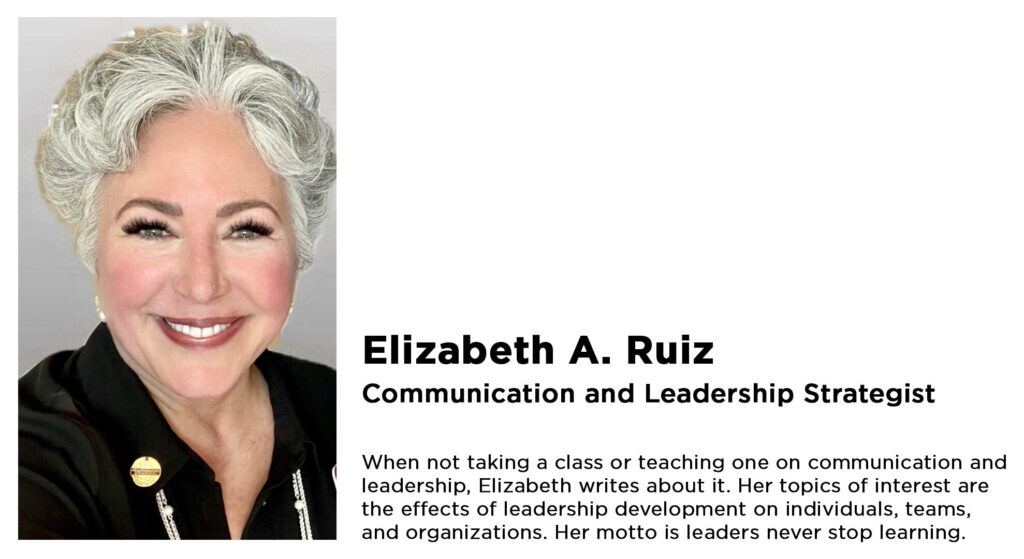Navigating Support Networks: Understanding the Difference Between a Sponsor and a Mentor
Grasping the essence of your support network is a powerful tool for personal and professional growth. The roles of sponsors and mentors, often mentioned in the context of career advancement, are distinct yet equally pivotal for success. By understanding these differences, you can confidently harness the power of these relationships to your advantage.
What is a Mentor?
A mentor is typically someone more experienced who provides guidance, advice, and support to a less skilled individual, the mentee. Mentors share insights from their experiences, offer perspectives on challenges, and help mentees navigate their career paths. Mentors often focus on personal and professional development, assisting mentees to set goals, acquire new skills, and overcome obstacles.
Mentorship is a relationship rooted in mutual trust, respect, and a genuine wish to see the mentee thrive. Mentors pour their time and effort into fostering the mentee’s growth, providing feedback, encouragement, and constructive criticism. Their role is to nurture the mentee’s ability to make informed decisions and build the confidence to reach their goals.
What is a Sponsor?
On the other hand, a sponsor is someone in a position of influence or power within an organization who actively advocates for and promotes the career advancement of their protégé, known as the sponsor. Unlike mentors, sponsors are more directly involved in creating opportunities for their sponsors within the workplace. They leverage their influence and networks to open doors, recommend them for promotions, assignments, or high-profile projects, and endorse their capabilities to senior leaders.
Sponsorship is more than just offering guidance and advice; it’s about actively driving the sponsor’s career forward. Sponsors use their authority to create visibility and eliminate obstacles blocking their protégé’s path. They act as vocal advocates, ensuring the organization acknowledges and rewards the sponsor’s talents and efforts.
Key Differences
1. Focus: Mentors provide guidance and support for personal and professional development while sponsors advocate for their protégé’s career advancement within the organization.
2. Relationship Dynamics: Mentorship is often characterized by a more informal, personal relationship based on mutual trust and respect, whereas sponsorship involves a more strategic and instrumental partnership to achieve specific career goals.
3. Influence: While mentors offer advice and perspective, sponsors wield influence within the organization and actively use it to create opportunities and remove barriers for their protégés.
4. Visibility: Mentors work behind the scenes to support their mentees’ growth, whereas sponsors operate more visibly, advocating for their protégés in meetings, discussions, and decision-making processes.
In summary, while both mentors and sponsors play crucial roles in an individual’s professional journey, they serve distinct functions and require different approaches. Mentors provide guidance and support for personal and professional development, while sponsors actively advocate for their protégés’ career advancement within the organization. Understanding the differences between these roles empowers individuals to cultivate meaningful relationships and leverage them effectively to achieve their career aspirations. Whether seeking guidance for personal growth or advancement within the workplace, having mentors and sponsors can significantly enhance one’s chances of success.
Connect with Elizabeth on LinkedIn.

